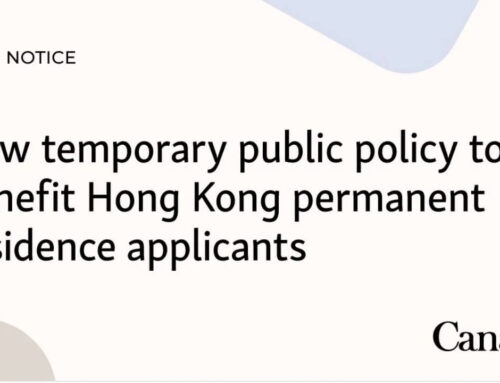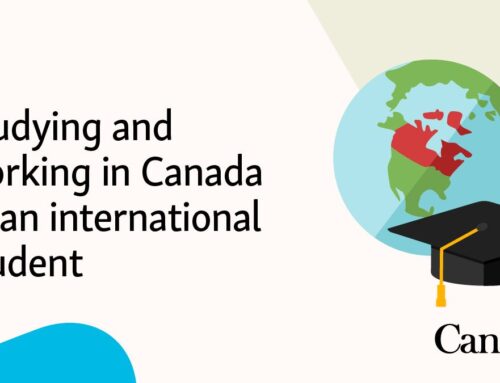Canada to stabilize growth and decrease number of new international student permits issued to approximately 360,000 for 2024
On January 22, 2024, Immigration, Refugees and Citizenship Canada (IRCC) announced that it will set an intake cap on international student permit applications to stabilize new growth for a period of two years. For 2024, the cap is expected to result in approximately 360,000 approved study permits, a decrease of 35% from 2023. This news comes after the recent international student program changes announced on October 27, 2023 and December 7, 2023.
The Canadian government indicates that individual provincial and territorial caps have been established, weighted by population, and provinces where the international student population has seen the most unsustainable growth will have the most significant decreases. IRCC will allocate a portion of the cap to each province and territory, who will then distribute the allocation among their designated learning institutions.
Those Unaffected by the Cap
The list of those who will not be affected by the new cap include: (1) Study permit renewals (2) Those pursuing master’s and doctoral degrees, (3) Elementary and secondary education, and (4) Current study permit holders.
Reasons Behind the New Cap
Detailed explanations have been provided for the recent move to decrease the number of international students in Canada. The largest reason is the integrity of the international student system has been threatened.
- Some institutions have significantly increased their intakes to drive revenues.
- More students have been arriving in Canada without the proper supports they need to succeed.
- Rapid increases in the number of international students arriving in Canada is placing pressure on housing, health care and other services.
In order to support sustainable population growth in Canada, the government must support measures to stabilize the number of international students in Canada.
Process
To implement the cap, as of January 22, 2024, every study permit application submitted to IRCC will also require an attestation letter from a province or territory. Provinces and territories are expected to establish a process for issuing attestation letters to students by no later than March 31, 2024.
These temporary measures will be in place for two years, and the number of new study permit applications that will be accepted in 2025 will be re-assessed at the end of this year. During this period, the Government of Canada will continue to work with provinces and territories, designated learning institutions and national education stakeholders on developing a sustainable path forward for international students, including finalizing a recognized institution framework, determining long-term sustainable levels of international students and ensuring post-secondary institutions are able to provide adequate levels of student housing.
Eligibility for Post Graduate Work Permits
In order to better align the Post-Graduation Work Permit Program, we are changing the eligibility criteria:
- Starting September 1, 2024, international students who begin a study program that is part of a curriculum licensing arrangement will no longer be eligible for a postgraduation work permit upon graduation. Under curriculum licensing agreements, students physically attend a private college that has been licensed to deliver the curriculum of an associated public college. These programs have seen significant growth in attracting international students in recent years, though they have less oversight than public colleges and they act as a loophole with regards to post-graduation work permit eligibility.
- Graduates of master’s and other short graduate-level programs will soon be eligible to apply for a 3-year work permit. Under current criteria, the length of a postgraduation work permit is based solely on the length of an individual’s study program, hindering master’s graduates by limiting the amount of time they have to gain work experience and potentially transition to permanent residence.
In the weeks ahead, open work permits will only be available to spouses of international students in master’s and doctoral programs. The spouses of international students in other levels of study, including undergraduate and college programs, will no longer be eligible.
The important measures announced today complement other recently announced reforms to the International Student Program. Taken together, they aim to ensure genuine students receive the support they require and have the resources they need for an enriching study experience in Canada, while at the same time stabilizing the overall number of students arriving and alleviating pressures on housing, health care and other services in Canada.
This alert is for informational purposes only. If you have any questions, please contact us via email at info@poonahimmigrationlaw.com for further information.





